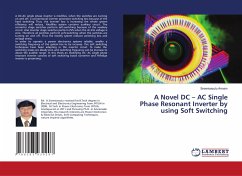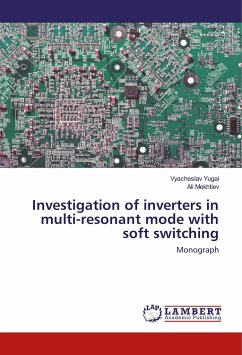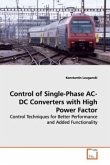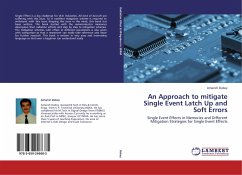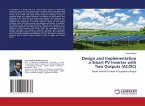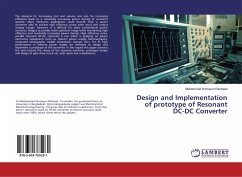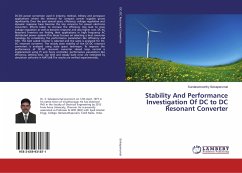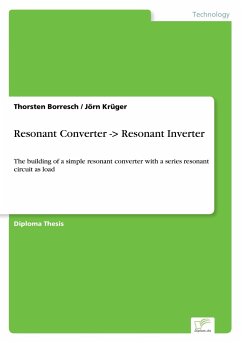A DC-AC single phase inverter is modifies, when the switches are turning on and off, a conventional inverter generates switching loss because of the hard switching Thus, the inverter loss is increasing the whole system efficiency will reduce. Modifies system contains auxiliary circuit. The converter stage switches perform soft-switching because of the auxiliary circuit. Also inverter stage switches perform ZVS when the dc-link voltage is zero. Therefore all switches perform soft-switching when the switches are turning on and off. Thus the modify system reduces switching loss and voltage stress.In order to operate a power electronics systems reliable, smaller a switching frequency of the system has to be increase. The soft switching techniques have been adapting in the inverter circuit. To make the switching losses are ideally zero and switching frequency can be increase to above the audible range. In this thesis an modifying DC- AC single phase resonant inverter consists of soft switching boost converter and H-Bridge inverter is presenting.
Bitte wählen Sie Ihr Anliegen aus.
Rechnungen
Retourenschein anfordern
Bestellstatus
Storno

